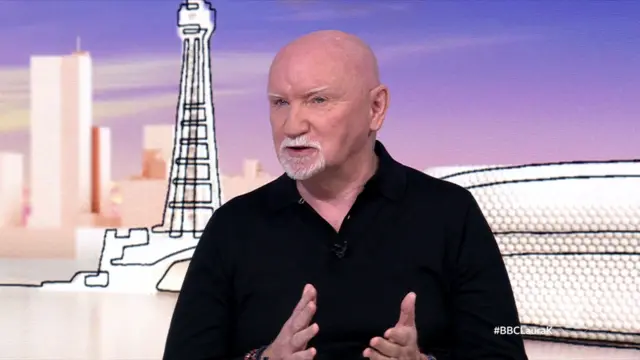Thank you for joining uspublished at 10:46 GMT 21 January 2024
That's it from us this week.
You can read more on what we heard on today's show here:
- Shapps 'disappointed' by Netanyahu opposition to Palestinian state
- Yousaf 'very willing' to work with next Labour government
And you can also watch back the full programme on BBC iPlayer here.
Today's page was brought to you by Victoria Lindrea, Anna Boyd, Ece Goksedef and Marita Moloney. Thank you for joining us.
